The state of Louisiana is facing increased pushback in its efforts to force Christian teachings into its public schools.
After a June mandate to put the Ten Commandments in schools was passed by the governor, a lawsuit challenge has forced the new law’s implementation to be partially put on hold. This month, a hearing is set for the case that could be instrumental in deciding the ultimate outcome.
Ten Commandments Bill
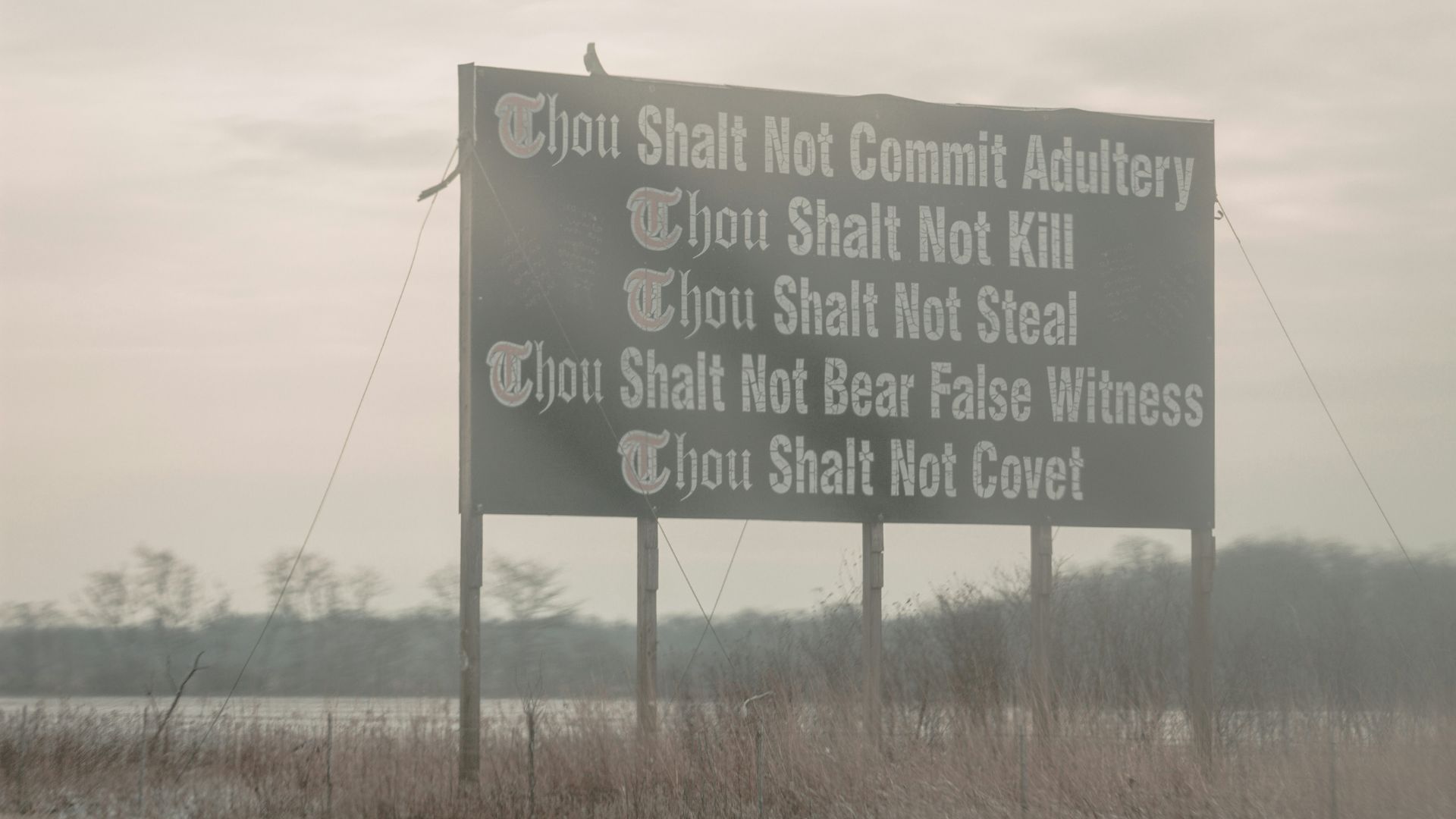
On June 19, Louisiana Governor Jeff Landry signed HB 71 into law, which requires that all publicly funded schools and colleges display copies of the Ten Commandments.
“If you want to respect the rule of law, you’ve got to start from the original lawgiver, which was Moses,” said Landry.
Not Soley Religious

Despite the religious tradition of the Ten Commandments, the law Landry passed asserts that they are also “foundational documents of our state and national government.”
With this law, poster-sized displays of the Ten Commandments must be put into every public classroom, along with a “context statement” that details how the Ten Commandments “were a prominent part of American education for almost three centuries.”
Precise Requirements
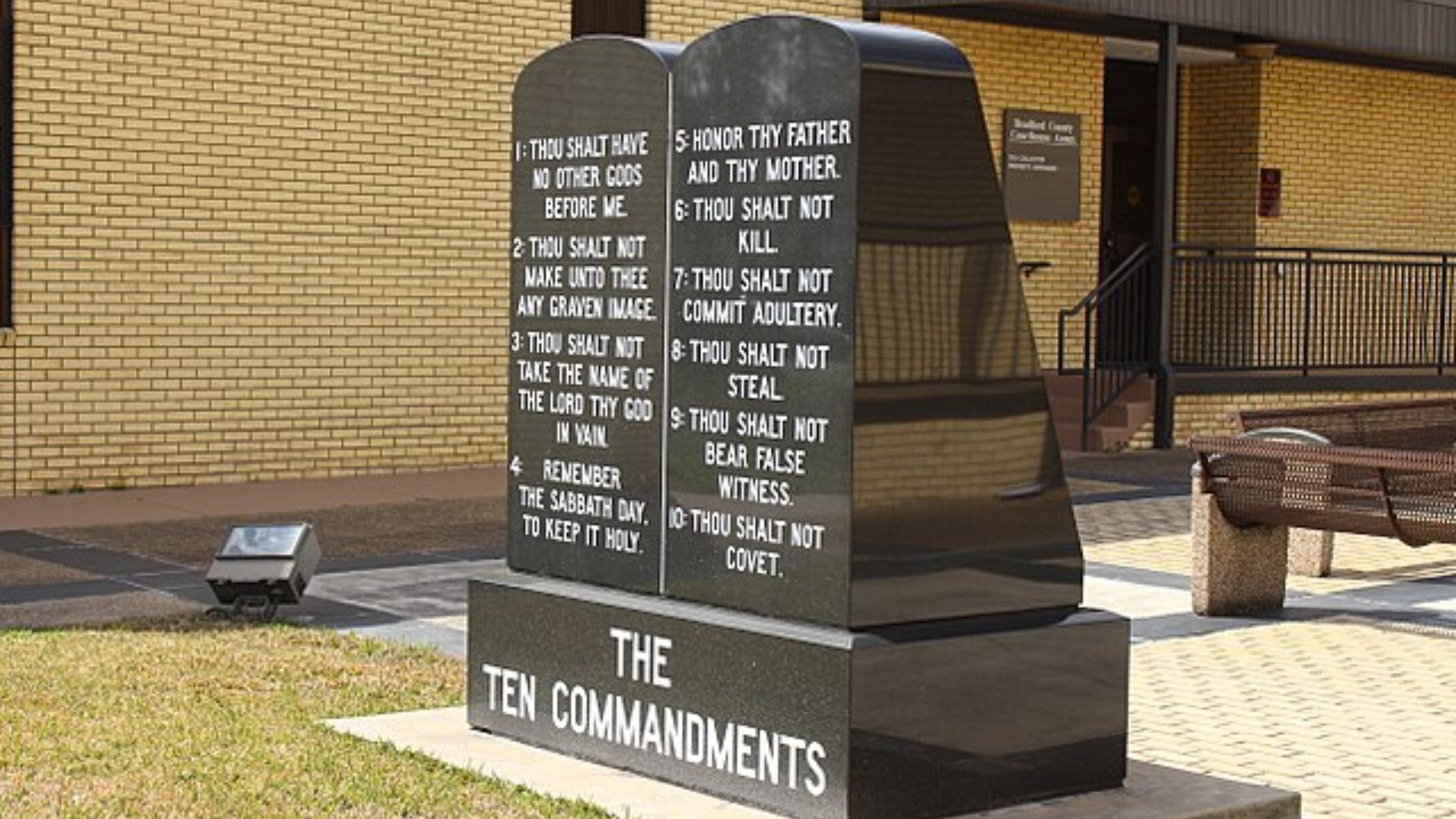
The legislation has particular requirements on the size of the poster and how public schools should obtain it.
The posters must measure at least 11 by 14 inches and feature a “large, easily readable font.” If the law goes ahead, it gives public schools until January 1 to put up the posters. The law requires schools to use donated posters or spend donated money to buy the displays, instead of using public funds.
Opposition Erupts

Civil liberties, multi-faith groups, and parents filed a lawsuit in court opposing the mandate in the immediate wake of the bill’s signing.
“We are preparing a lawsuit to challenge H.B. 71,” said a joint statement by the groups published by the ACLU. “The law violates the separation of church and state and is blatantly unconstitutional… Politicians have no business imposing their preferred religious doctrine on students and families in public schools.”
Lawsuit Filed

The lawsuit was filed in a US District Court and sought declaratory and injunctive relief over the new law.
“There is no longstanding tradition of permanently displaying the Ten Commandments in public-school classrooms in Louisiana or the United States more generally,” said the lawsuit.
Violating the First Amendment
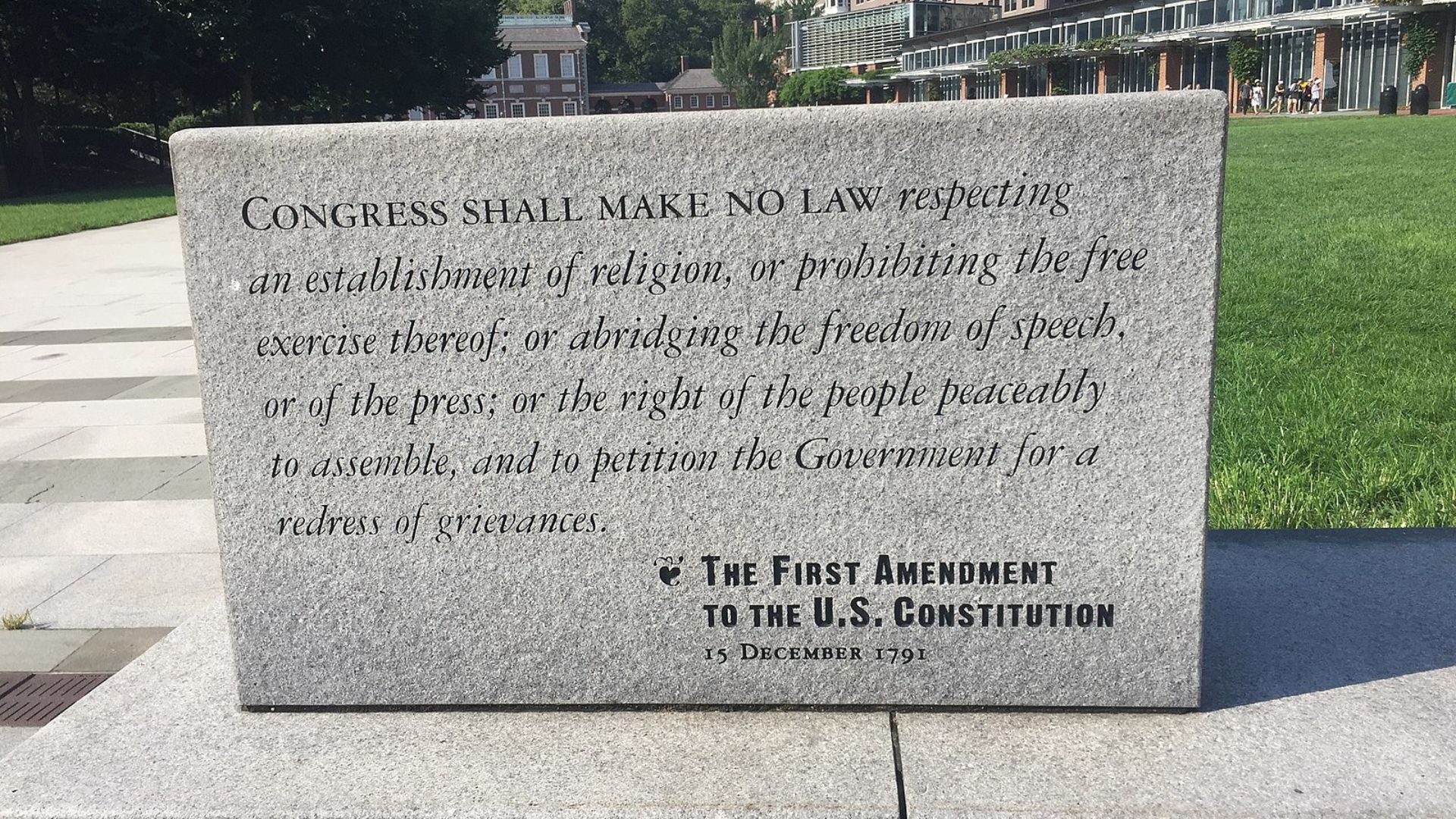
The lawsuit argues that the First Amendment has been violated by the Louisiana law by the fact that the requirement makes the Ten Commandments unavoidable.
“H.B. 71 violates this binding precedent and the Establishment Clause and Free Exercise Clause of the First Amendment. Permanently posting the Ten Commandments in every Louisiana public-school classroom—rendering them unavoidable—unconstitutionally pressures students into religious observance, veneration, and adoption of the state’s favored religious Scripture,” the lawsuit said.
Divisive Message
The opposition groups in the lawsuit also assert that students and parents are now burdened with this divisive religious instruction that may affect their upbringing.
“It also sends the harmful and religiously divisive message that students who do not subscribe to the Ten Commandments…do not belong in their own school
community and should refrain from expressing any faith practices or beliefs that are not aligned with the state’s religious preferences. And it substantially interferes with and burdens the right of parents to direct their children’s religious education and upbringing,” said the lawsuit.
Doing No Favors to Christian Students
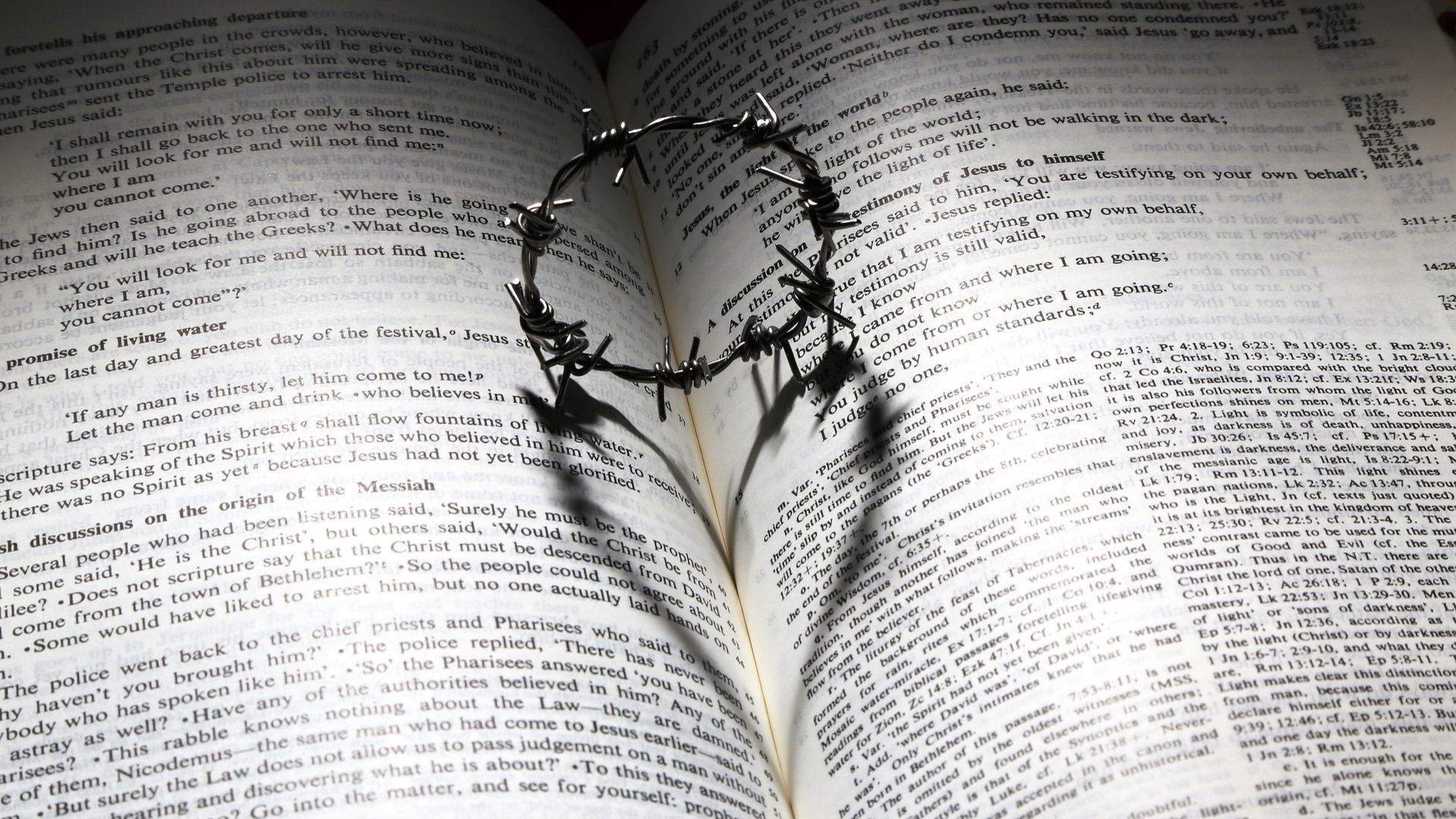
The plaintiffs’ joint statement asserted that a Ten Commandments law would do nothing to represent Christian students.
“Even among those who may believe in some version of the Ten Commandments, the particular text that they adhere to can differ by religious denomination or tradition. The government should be taking sides in this theological debate, and it certainly should not be coercing students to submit day in and day out to unavoidable promotions of religious doctrine,” the statement said.
Partially Stopped in Court

In July, the lawsuit resulted in an agreement approved by the judge that stopped the implementation of the law in five parishes where the plaintiff’s children in the case would have been affected by the biblical signs.
In addition to the Ten Commandments restriction in those parishes, the state’s Board of Elementary and Secondary Education is not allowed to “promulgate advice, rules or regulations regarding proper implementation” until November 15.
Upcoming Hearing

The agreement also set forward a hearing on September 30, with an eventual decision in the case being expected by November 15.
“H.B. 71 passed through the Louisiana legislature with strong bipartisan backing—reflecting the clear will of the people of Louisiana,” Landry wrote in an August 7 X post. “This Ten Commandments law is a testament to our united voice and shared values!”
Separation of Church and State
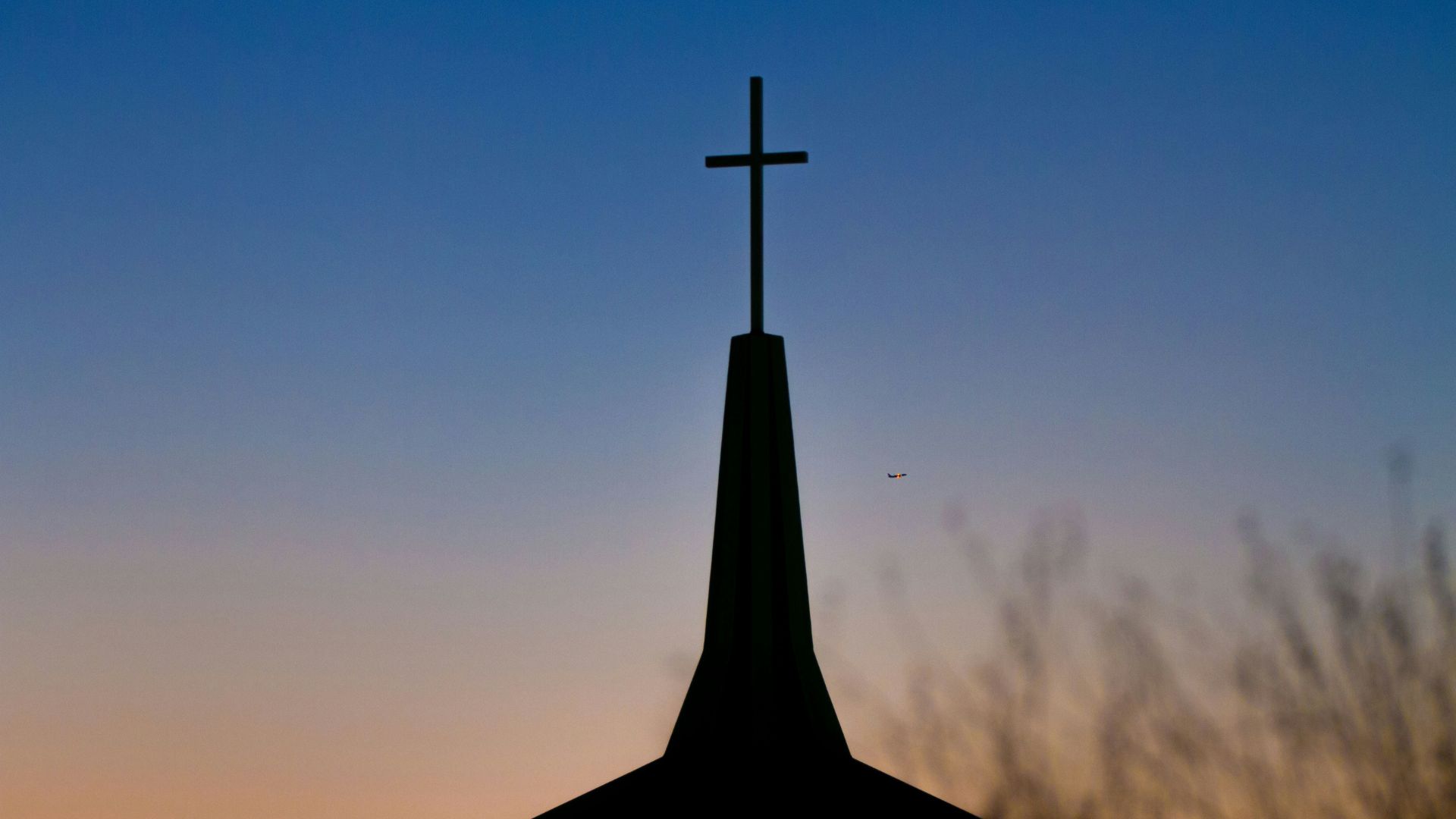
A September piece published by Lorena O’Neil in Rolling Stone documented what it called Landry’s “crusade” to dismantle the “wall between church and state.”
“The Supreme Court got it wrong about the separation of church and state,” Landry was quoted as saying in the piece. “Democracy doesn’t say the majority has to sit in the back and listen to what the minority says, because the minority have some feelings that have been hurt.”
God not Government
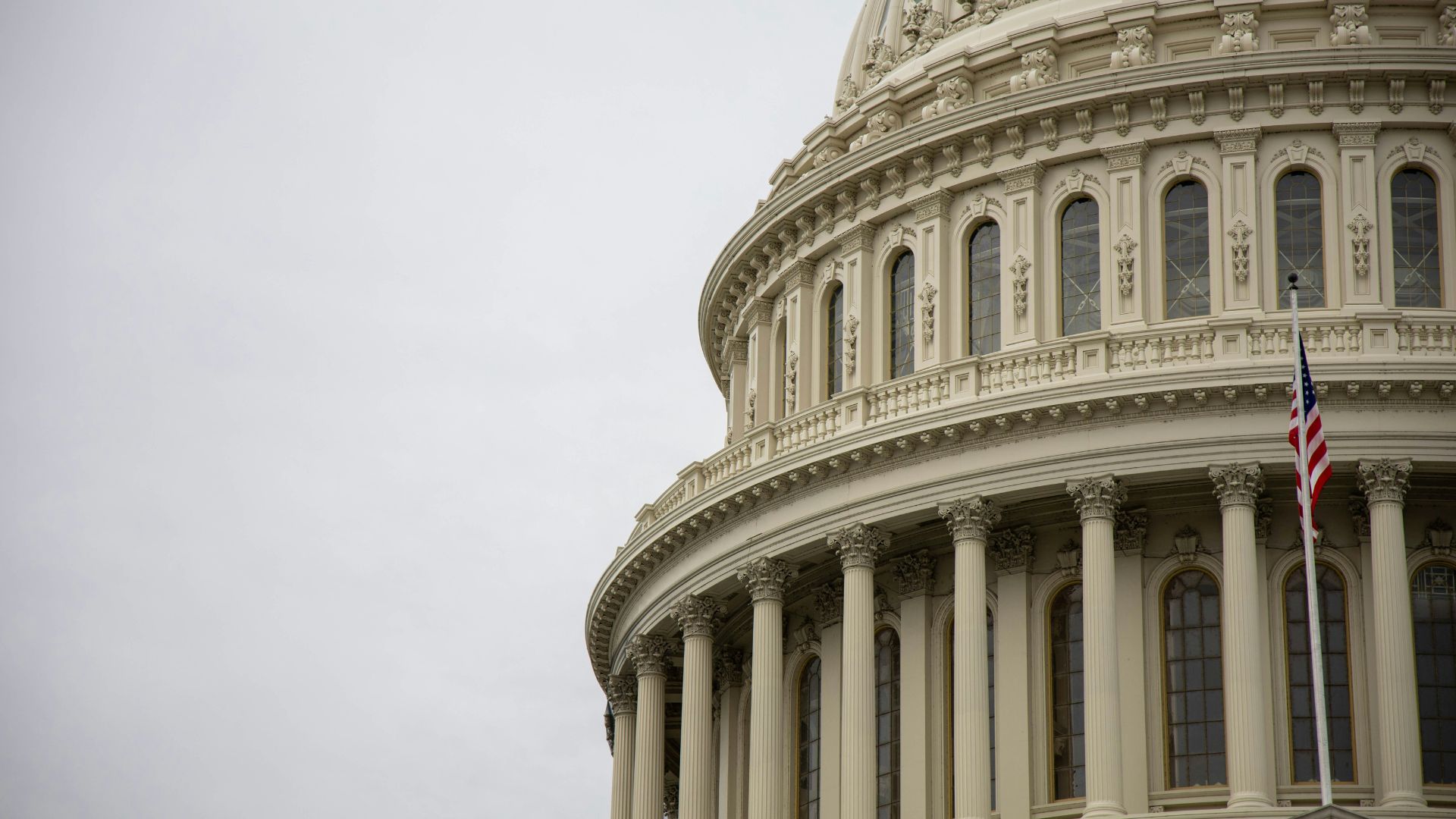
O’Neil reported more of their conversation with Landry, who expressed his belief that religious founding documents were responsible for America’s greatness.
“Let’s look at the country that everybody says is the greatest — that’s undisputed — what got us to that point?” said Landry. “It was not government, it was God.”
Preventing an Assassination

At the Republican National Convention, Landry said a Ten Commandments law could have prevented the assassination attempt against Trump this year.
“I would submit that maybe if the Ten Commandments were hanging on [Thomas Matthew Crooks’] wall at the school that he was in, maybe he wouldn’t have took a shot at the president,” Landry said.
Just Don’t Look
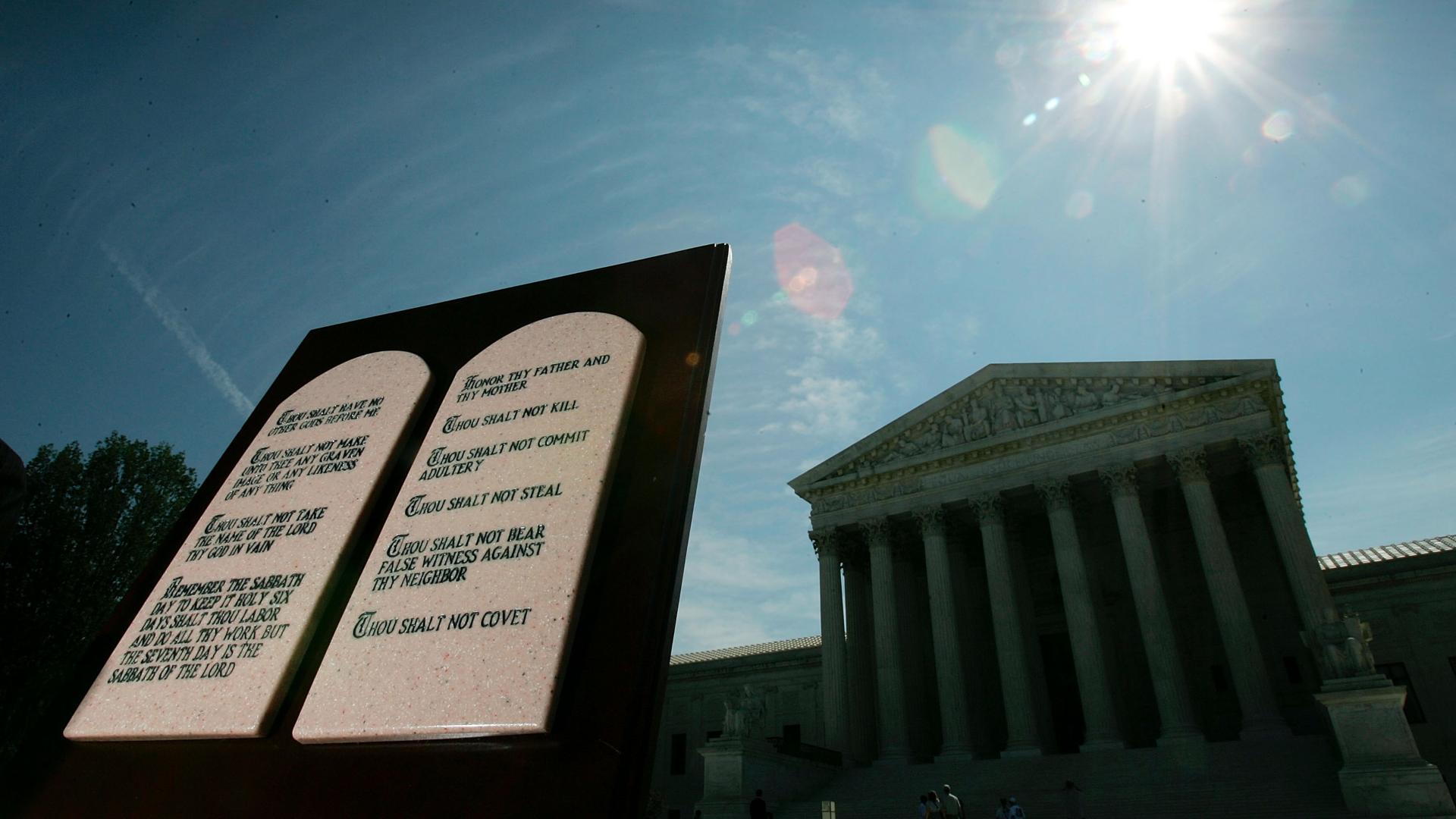
Landry was confused as to why people who were not religious would be offended by the mandatory displays.
“They don’t have to look at the poster,” said Landry. “Everybody gets their feelings hurt so much. Back when we grew up, it was like, ‘Sticks and stones may break your bones, but words will never hurt you.’”
A Toothless Law

Despite the law’s inherent push against the Supreme Court and the ongoing lawsuit against it, H.B. 71 does not seem to have explicit means of enforcement.
The logistics seem murky about how the government will penalize those who refuse to comply with the new law. There is also little explicit recourse for schools that do not obtain sufficient funds to buy the posters.
What If There Are No Funds?

It remains unclear what will happen if schools do not receive enough donations to hang up the posters.
During a debate on the legislation, Democrat Sen. Royce Duplessis asked what would happen if schools could not find a donor or raise funds. Republican and co-author of the law, Sen. Adam Bass, said: “I don’t know what happens then.”
Other Authorized Items in Classrooms

H.B. 71 would also authorize (but not require) the display of other items in public classrooms.
These items include the Mayflower Compact, which was signed by religious pilgrims on the Mayflower in 1620 and is often known as America’s “First Constitution“, the Declaration of Independence, and the Northwest Ordinance.
Excluding Children from Their Schools

Among the plaintiffs in the case is Rev. Darcy Roake, who opposes the law because of the impact it will have on students.
“The Ten Commandments displays required under state law will create an unwelcoming and oppressive school environment for children, like ours, who don’t believe in the state’s official version of scripture. We believe that no child should feel excluded in public school because of their family’s faith tradition,” said Roake.
Bringing Religion into Schools
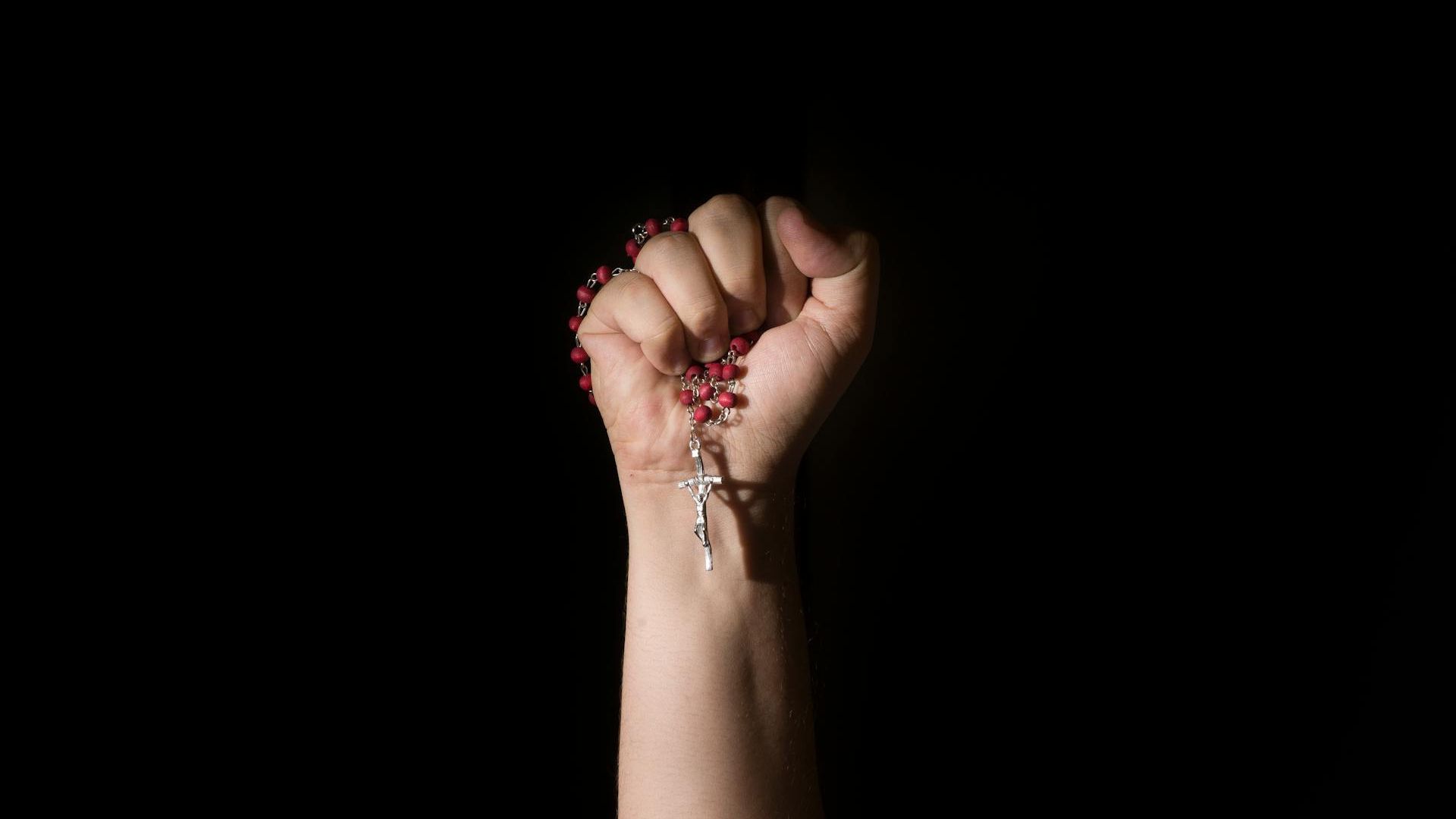
H.B. 71 is just one of a recent slew of religious bills attempting to bring Christ to the classroom.
H.B. 98 was passed last month, which permits public school districts to hire chaplains to serve as mental health professionals and counselors.
Some Refuse to Comply

Teachers in some schools have already said they will not hang the posters in their classrooms.
This sentiment is especially prevalent in New Orleans, where residents and officials often resist conservative policies.
Landry’s Bizarre Legislation

Landry’s proposed legislation does not stop at placing the Ten Commandments in every public classroom.
In his first seven months in office, Landry has signed increasingly extreme legislation. He has signed other bills like criminalizing medication used in abortion and pregnancy care, and allowing surgical castration as punishment for sex crimes against minors. Louisiana’s “Don’t Say Gay” bill is even more extreme than Florida’s.
Not Just Louisiana

Louisiana is the latest and (so far) most successful push from states to require the Ten Commandments in every classroom.
In 1980, the Supreme Court struck down a similar law in Kentucky, reasoning that the federal government cannot favor one religion over others. More recently, other states have proposed similar legislation (but they have not become law) in Texas, Oklahoma, Mississippi, and South Carolina.
Giving the Justices Another Chance
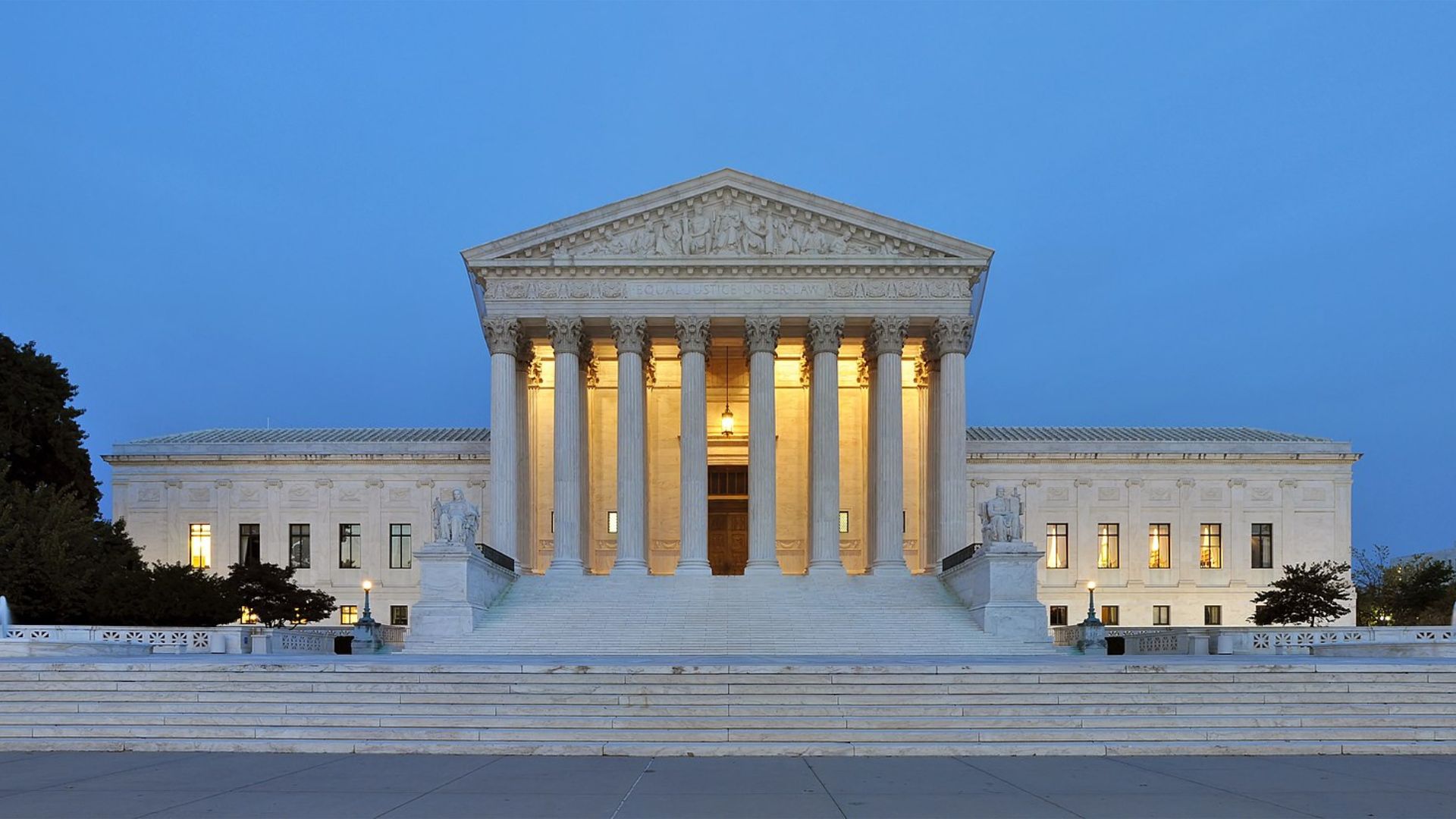
At the RNC in Milwaukee, Landry said this law would be an opportunity for the Supreme Court to overturn their Kentucky ruling from 1980.
“This is one of the cases where the court has it wrong. So here is the question: if the Supreme Court has something wrong, why would you not want that to be corrected? What is the price you would pay to correct that?” said Landry.
